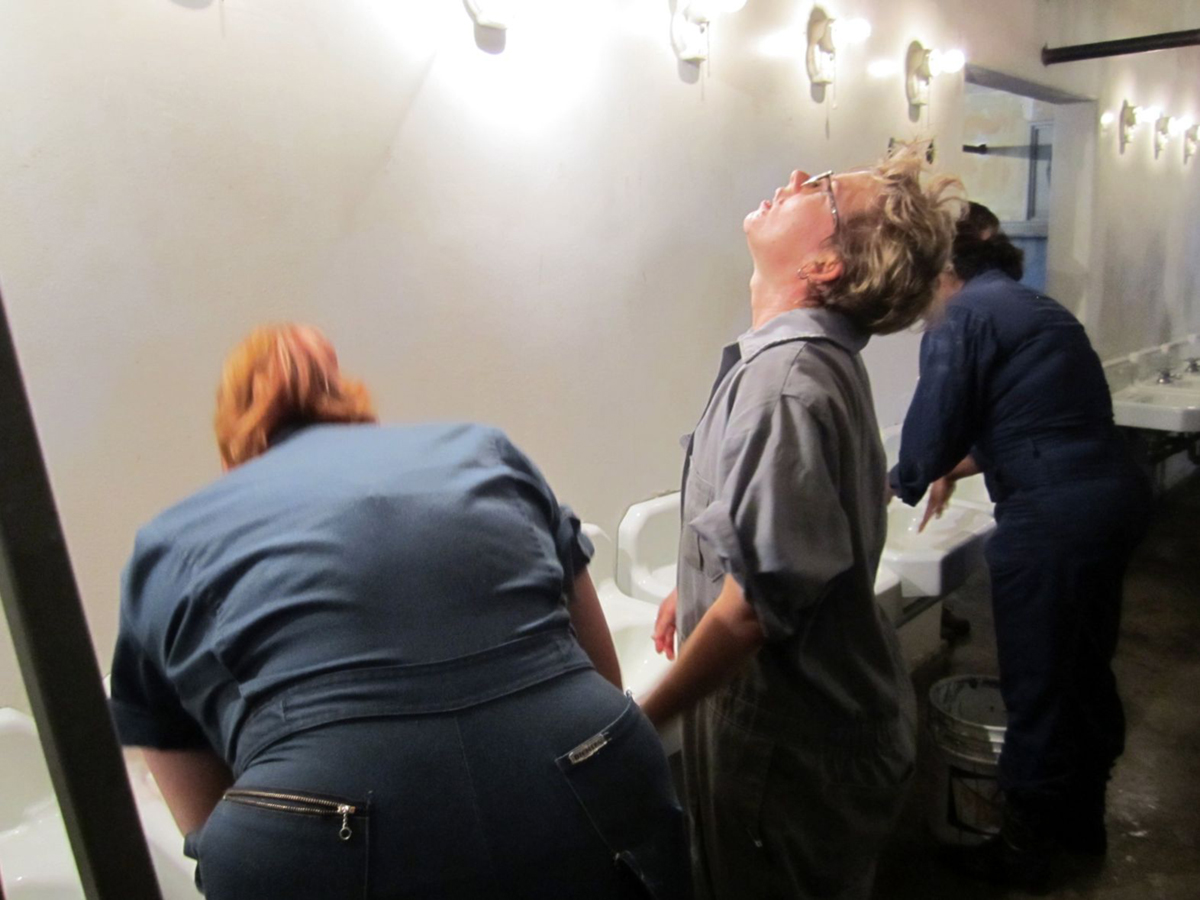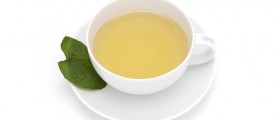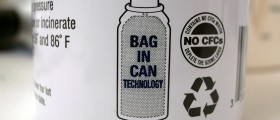Phlegm
Phlegm or mucus is a product of mucous membranes. Mucus in the throat can be a consequence of a variety of medical conditions. It is bothersome and sometimes frustrating. Luckily, there are certain medications and even home remedies that can be effective in the elimination of phlegm and alleviation of the symptoms it causes.
Causes of Phlegm in Throat
The most common cause of phlegm in the throat is infection, to be more precise, viral infections. Phlegm normally occurs in the common cold and flu. Additionally, excessive production of mucus is also a characteristic of allergic reactions. Severe forms of bronchitis and asthma are accompanied by increased production of mucus. Heavy smokers also suffer from phlegm. Even reactions to certain foods can result in increased production of mucus. Finally, in some people, this condition is caused by a physiological problem.

Treatment for Phlegm in Throat
The best way to fight phlegm is to take medications that will take care of the primary disease. Still, numerous remedies can be amazingly efficient in overcoming this problem.
Regular blowing of the nose will reduce the quantity of music in the throat. Namely, if a person eliminates mucus from nasal cavities it will not drain into the throat. Consequently, the throat will not be irritated by the mucus, and the problem will be solved.
Gargling can be of additional help. When gargling a person purges nasal passages. This way, even toxins and infectious agents can be eliminated. A perfect solution for gargling is lukewarm saline water.
A person suffering from phlegm in the throat must avoid cold foods and drinks. They can only enhance the production of mucus. A paste of ginger and honey is a perfect remedy for phlegm in the throat. These substances accelerate the healing process and are very effective in battle against infective agents.
Heavy smokers tend not to quit smoking even though they are having problems with phlegm. Smoking stimulates mucous glands to produce even more mucus, and the condition gets worse.
Vitamin C is a mighty helper in the battle against mucus. It can be obtained from citrus fruit or taken in the form of supplements.
And finally, one may significantly benefit from steam inhalations. One can simply boil a bowl of water until it begins to steam. Then he/ she lowers the head toward the water and inhales the hot steam. Patients should be careful not to burn themselves. Inhalations can be even more successful if certain plants or herbs are boiled together with the water.
- We examined the effect of specific topical treatment of rhinosinusitis on cough in patients presenting with a chronic cough associated with a postnasal drip or ‘nasal catarrh’.
- Patients presenting with a chronic cough and who complained of PND were enrolled and symptoms of PND and cough were assessed by questionnaire and by a capsaicin cough response. Rhinosinusitis was assessed by questionnaires, direct examination of the nose and by high-resolution computed tomography. In an open study, they were treated with fluticasone nasules, ipratropium bromide and azelastine nasal sprays for 28 days, after which they were re-assessed.
- Eighteen out of 21 patients completed the study. All patients reported having the presence of mucus in the throat. Mean cough score improved post-treatment (p
- www.nhs.uk/conditions/catarrh/
- www.forbes.com/health/body/how-to-get-rid-of-phlegm/
- Photo courtesy of Heidi De Vries by Wikimedia Commons: commons.wikimedia.org/wiki/File:Gargle_(5447315004).jpg

















Your thoughts on this
Loading...